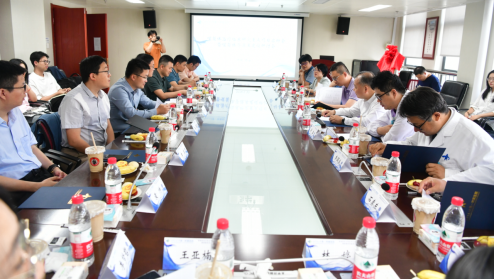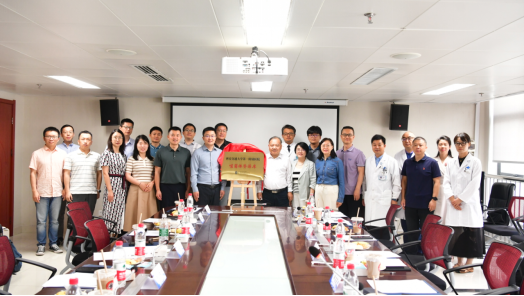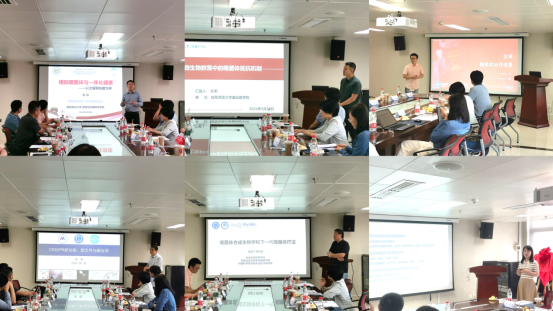On May 30, 2024, the “kick-off meeting of Key Project of Phage Therapy Clinical Research in conjunction with Seminar on the Construction of Phage Biobank” were successfully held in the First Affiliated Hospital (FAH) of Xi'an Jiaotong University (XJTU).

The seminar highlighted the latest research results and development trends in the field of phage therapy. Prestigious domestic experts in the field of phage therapy were invited to participate in this seminar, including Research professor Ma Yingfei from Shenzhen Institute of Advanced Technology of Chinese Academy of Sciences, Research professor Li Ming from Institute of Microbiology of Chinese Academy of Sciences, Professor Le Shuai from Army Medical University, Professor Li Yan from Tongji Medical College of Huazhong University of Science and Technology, Professor Gu Jingmin from Jilin University, Research professor Yuan Shuai from Wuhan Institute of Virology of Chinese Academy of Sciences, Associate Professor Wu Nannan from Shanghai Public Health Clinical Center and Associate Professor Li Mengzhe from Beijing University of Chemical Technology. Vice President Han Suxia and Vice President Zhang Xufeng from FAH, as well as relevant heads of Department of Science and Technology, Science and Technology Research Center, Clinical Research Center, ICU, Department of Infectious Diseases, Surgical ICU, Department of Psychiatry, Clinical Laboratory, MED-X Research Institute and other departments also attended the meeting.
Director Wang Yawen from Biobank introduced the profile of Biological Resources and Advanced Medical Engineering Center of Shaanxi Province and the development plan in the field of phage. Liu Bing, Director of Biological Resources and Advanced Medical Engineering Center of Shaanxi Province, illustrated the latest progress in phage research.
Vice President Han Suxia and Professor Wei Zhong from Nanjing Agricultural University jointly unveiled the plaque of “Phage Biobank of the First Affiliated Hospital of Xi'an Jiaotong University”.

Focusing on two themes of "phage-host interaction" and "phage therapy and phage safety", the participating experts delivered academic lectures on ralstonia solanacearum and its specific phage diversity, new functions, new components and new applications of CRISPR, new mechanisms of phage resistance in microbial communities, phage therapy and phage safety, global progress in phage therapy, determination mechanism of host range of Pseudomonas aeruginosa phage and clinical treatment research, respectively. All experts conducted intense discussion regarding the hot issues in the field of phage therapy and shared research results and experiences.
